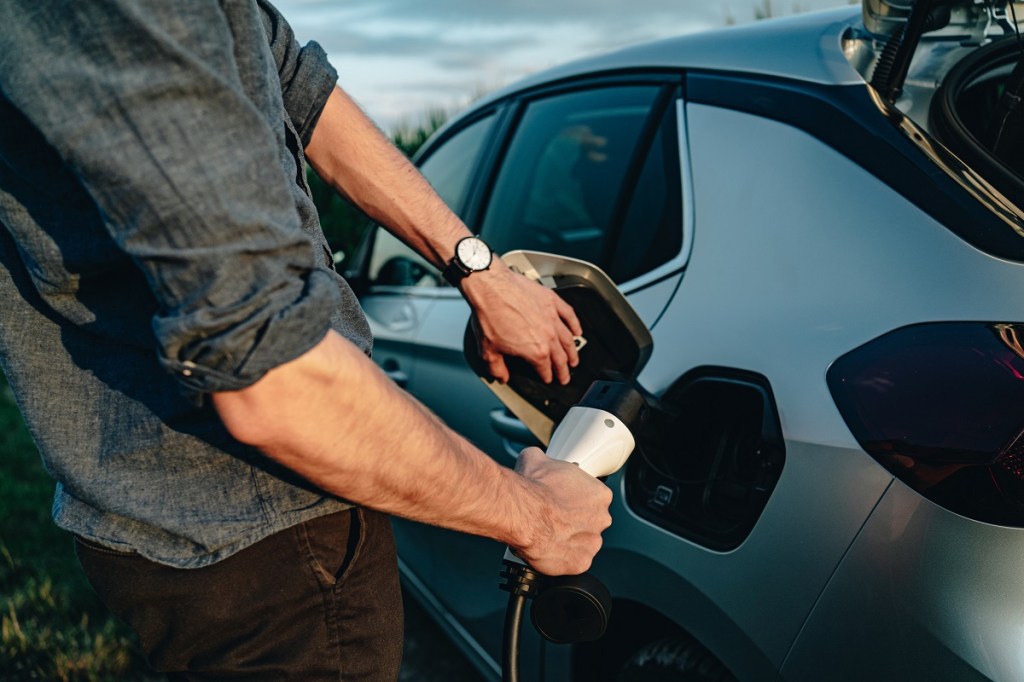Electric vehicle sales doubled to 7.2 per cent of total new vehicle sales as Australia sold a record number of new vehicles in 2023.
A total of 1,216,780 vehicles were delivered during the year; the previous highest sales result of 1,189,116 was achieved in 2017, according to the Federal Chamber of Automotive Industries (FCAI).
Tony Weber, Chief Executive of FCAI, said this extraordinary result is a testament to the adaptability and resilience of both industry players and consumers alike.
“Despite the supply chain disruptions faced in recent times, consumers now have greater access to a broad range of choices, fostering increased accessibility in the market.”
Toyota was the top-selling car brand with 17.7 per cent of the market, while the top-selling vehicle was the Ford Ranger with 63,356 sales.
While battery electric vehicles made up 7.2 per cent of sales, combining battery electric, plug-in hybrid, and hybrid vehicles brought the total to 16.2 per cent of new vehicle sales.
The FCAI remains optimistic that the Federal Government will introduce a Fuel Efficiency Standard that achieves the policy outcomes that lead to emission reductions while enabling Australians to drive the vehicles that they need and want.
“For more than a decade, the FCAI has been encouraging Governments to introduce a Fuel Efficiency Standard. Now we have the process underway it’s critical that the Federal government takes time the to get it right. That is essential for environmental outcomes and for consumers,” said Weber.
Despite the optimism over the introduction of a Fuel Efficiency Standard, Weber recognises that the automotive sector will face challenges in the coming year.
“Cost-of-living pressures and increased interest rates will impact the market, and we anticipate a challenging 2024.
“The FCAI will continue its work with governments and other industry stakeholders during 2024 to manage a broad range of issues ranging from emissions standards, environmental impacts, logistics and supply chains, taxation, vehicle safety, data use and recharging infrastructure,” explained Weber.
To stay up to date on the latest industry headlines, sign up to the C&I e-newsletter.

